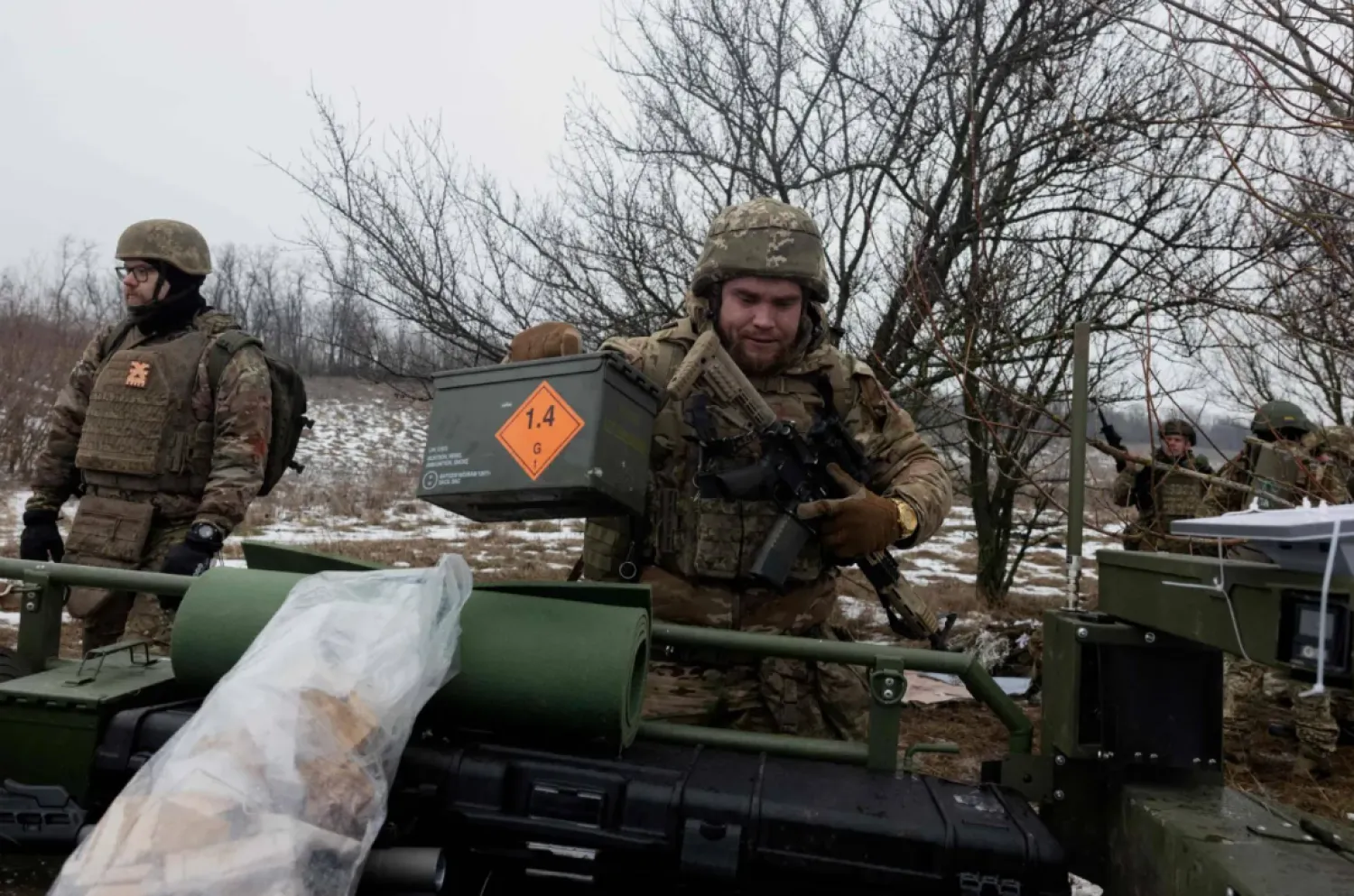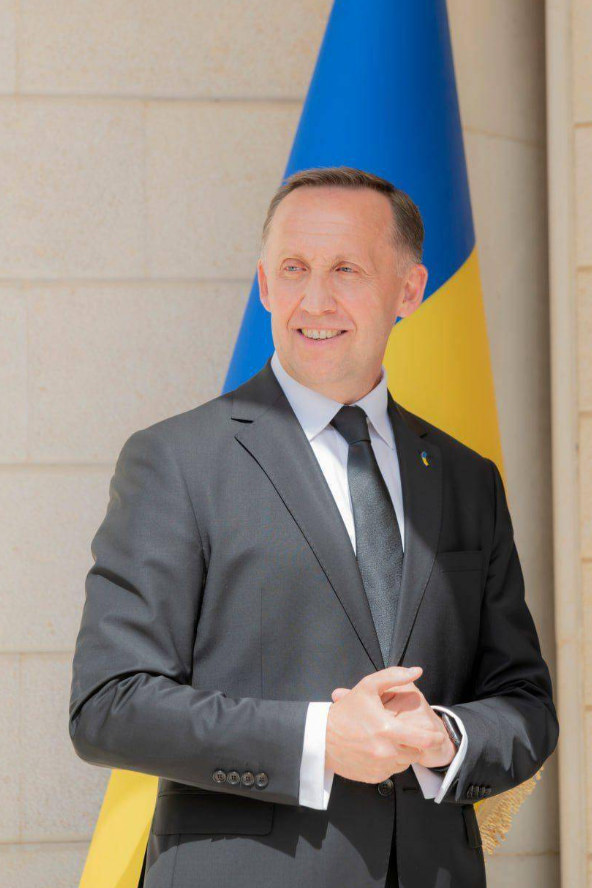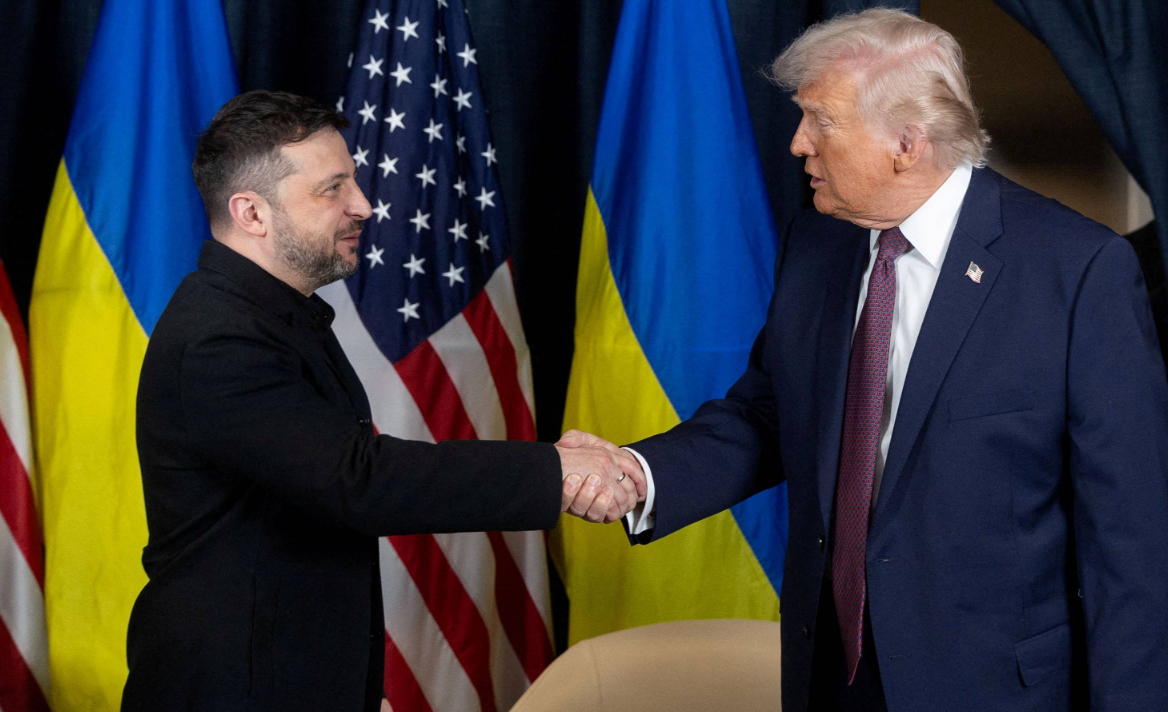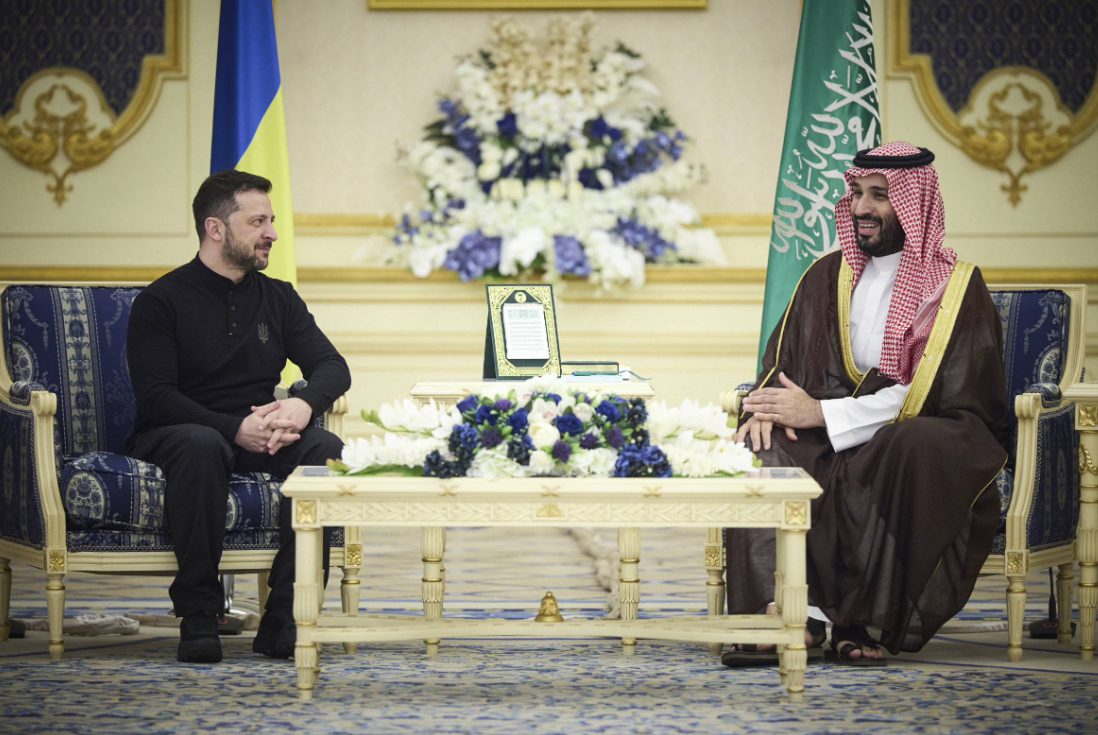US has helped install Taliban in Afghanistan which will lead to a resurgence of Al Qaeda, only to clash with Iran, but this plan will be foiled soon, Iran’s former president Mahmoud Ahmadinejad said in an interview with Camelia Entekhabifard, Independent Persian’s editor-in-chief.
“Taliban has been installed in violation of the demands of the nation of Afghanistan,” Ahmadinejad said.
Iran’s relations with its neighbors, particularly those to the south, will only improve in the coming years since there is no other way forward, the former president said.
Speaking of the threats posed by the terrorist group ISIS, he said: “ISIS is a direct client of Satan which seeks to create a religious war; this is a plan of global capitalism.”
Ahmadinejad insisted that he opposed the current Iranian policy toward Taliban and added: “I don’t like the word ‘opposition’ since I don’t want to create such a position. I am an Iranian and like all other Iranians, have the right to live and to speak my mind and express my opinion. Iran belongs to all 85 million Iranians. Just because someone sits on the top of the government, the country doesn’t belong to him. The country belongs to all and all can express their opinion. When you speak of ‘opposition,’ you divide up the country and it leads to people not listening to you, even if you speak the right words.”
“Iran, Saudi Arabia and, to a degree, Turkey have a key role in the region,” Ahmadinejad said. “If these three countries stand together, all the nations of the region will be in peace and there will be no conflict or clash. These are three large and important countries. When they have differences, all the relations in the region are ruined.”
Ahmadinejad added: “First, both Iran and Saudis have to believe that having differences hurts them both. Believe me, no one benefits from them clashing. Saddam attacked Iran and an eight-year war broke out. Did this war have a winner? No, it didn’t. Yes, Iran didn’t allow its territory to be taken away but Iran was standing there anyways. After eight years, we went back to point zero but with unrepairable losses.”
Clashes between countries in the region will only serve the enemies of nations and powers outside the region, Ahmadinejad said. He added: “Both countries should retreat a bit from their positions. We have to recognize each other and respect each other’s beliefs and identities. We have to accept the region is for everybody.”
“In these conditions, anyone who takes a step forward will become a historic hero for the nations of the region,” Iran’s former president said. “Why can’t Iran and Saudi Arabia solve the problem in Yemen? Why should countries from thousands of miles away come to solve this problem? Those who have no friendship with either side. Whenever clashes happen, they sell their arms. They don’t like a calm region with any strong country, whether that’s Iran, Saudi Arabia, Turkey, Iraq or the United Arab Emirates.”
“Iran and Saudi Arabia should solve the Yemeni problem themselves,” Ahmadinejad said. “There is an easy formula: respecting the rights of the Yemeni nation. We should allow the Yemeni nation to choose for itself.”
“As in the past, whenever I think I can help solve problems in foreign policy, I’ll be happy to act,” the former president said. “I have described my plans in the past and wrote letters to a few people. Some welcomed them and some were hesitant.”
Speaking of his government, which ruled Iran from 2005 to 2013, Ahmadinejad said: “During my administration, there was an increase in per capita income and GDP. Look at the numbers and people’s conditions then. But many inside and outside the country united to frustrate us.”
Speaking of Iran’s nuclear program, Ahmadinejad said there was a solution to this problem even though the conflict over the program was serious.
“There is nothing positive in the current opposition between Iran and the United States,” Ahmadinejad said. “It’s bad for the US and it’s bad for Iran and many other countries. The world is a network and whenever a part of it is disrupted, the whole network is hurt.”
“The wise and elders in both countries should talk to each other and solve this problem,” Ahmadinejad said. “On a few questions, they should respect each other. They should recognize each other’s existence, independence and self-determination and refrain from intervening in each other’s affairs.”
“During my administration, we wrote to the US,” Ahmadinejad added. “I said: even if we the governments have problems with one another, why do you stop the people? Let people of both countries easily move back and forth. Iran and you are both taking a harsh attitude. Why? Allow people to interact with each other and this itself will solve the problem. One solution could be allowing mutual visa-free entry or issuing a few millions visas every year.”
“Right now, it’s not clear what the disagreements are on,” Iran’s former president said. “Is it Syria? There is a clear formula. Let’s agree with whatever the Syrian people asked for. Same with Yemen. Same with Iraq. Same with Afghanistan. I think this is what will ultimately happen because there is no other way out.”
Speaking of the possibility of an Israeli military attack on Iran’s nuclear facilities, Ahmadinejad said: “Everything is possible but no war in the region will have a winner. The war will only lead to destruction in the region.”
“This question should be solved on a higher level. Is the US really worried about Iran’s nuclear program? US has 5,600 advanced fifth-generation atomic bombs. It has precision long-range missiles. From its bases in the Indian Ocean, it could target any point in our region.”
“I believe the nuclear program is a pretext,” Ahmadinejad said. “There are some differences and this has become an excuse to heighten them. We should resolve those differences.”
“Iran has faced some accusations,” the former president said. “But does Iran really need an atomic bomb? What would it do with it? The Zionist regime also has them. Of what use have they been to it?”
Ahmadinejad denied that the nuclear weapons could have a deterrent role. He said: “The atomic weapon belongs to a particular period of history. Human society has gone beyond it. Just like it went beyond archery. Now, human ideas are what counts.”
“Atomic energy is different from atomic weapons,” he added. “Everybody needs atomic energy.”
Insisting that the Iranian nuclear program was merely an excuse, Ahmadinejad said: “Before the nuclear program, why did Iran and US clash? The US backed Iraq in the war against us. It sanctioned us. Why? This question matters.”
“Today, India, Pakistan and the Zionist regime have an atomic bomb,” Iran’s former president said. “How come it’s okay for them? I have accurate information that few other countries in the region also possess atomic weapons. How come no one complains about them? Is it only bad if we have it? We have said we don’t want atomic weapons, anyways.”
He didn’t back up his claim about other countries in the region who allegedly possess nuclear weapons. Among the countries in the Middle East, only Israel is known to possess nuclear weapons.
“I say one more time: the age of atomic weapons has come to an end,” Ahmadinejad said. “Today, if people in the US are unhappy and if they rebel against their government, of what use is the atomic bomb? Think of the former Soviet Union. It had atomic weapons and yet it collapsed.”
“The US should accept that Iran is not the Iran of fifty years ago. The Iranian nation wants to stand on its own feet,” Ahmadinejad said. “This should be recognized and we shouldn’t interfere in each other’s internal affairs.”
“The main problem needs to be solved,” Ahmadinejad said. “All other issues are excuses. They call us terrorists. We also call them the same thing. We both have our own reasons. The US asks us why we interfere in the region but no country interferes in this region more than themselves. I am opposed to all such interference. But the US complains about us while it does more of it itself.”
“All countries have problems,” he added. “If we want to focus on each other’s problems, we’ll never solve them and everybody gets hurt.”
Ahmadinejad questioned Donald Trump’s honesty in his demand for direct and unconditional negotiations with Iran. He said: “It is the Islamic Republic that should champion negotiations and peace. But while severe sanctions are on us, how could we go to the negotiating table? One can’t negotiate from an unequal position. Sustainable understanding comes from equality.”
Ahmadinejad predicted that the world will not see another Cold War.
Speaking on the coronavirus outbreak, Ahmadinejad said: “Some were doing research and it got out of their hands. Then it was the turn of those who came with vaccines and medicine.”
Not clarifying which countries were doing the alleged ‘research,’ Ahmadinejad added: “Some with satanic qualities carry the coronavirus around and create chaos around the world. A day of accountability will come. The biological weapons are very advanced now but won’t bring peace.”
Ahmadinejad also spoke on the coming 50th anniversary of the foundation of the UAE and 44th anniversary of the Iranian revolution.
“A revolution is different from foundation of a country,” Ahmadinejad said. “Iran has existed for thousands of years but our system of administration has changed. But the UAE is a newly-founded country and the two countries can’t be compared based on history, culture or population.”
“Despite all this, we are neighbors and friends,” Iran’s former president said. “We have to stand with each other and jointly manage the region.”
Ahmadinejad, who was in the UAE to visit the Dubai Expo, said: “The UAE has seen vast and quick changes and has been successful in attracting businesses and investors. Dubai is now a business center based on economic planning. Abu Dhabi and Sharjah rely on oil income and Dubai is thus different from them.”
Ahmadinejad said UAE’s progress should be judged based on the country’s strategic and long-term goals and comparing its current achievements with its eventual goals.
Pointing out that Iran is different from the UAE in its material and human resources and geographical position, Ahmadinejad said: “Even if Iran does have long-term goals, this is only clear to a few and not all since it’s not transparent. And it’s not clear how we are to get there. People of Iran are suffering from this. I hope for the conditions to be reformed.”
“Iran has the capacity to quickly reach the level of countries in the region,” Ahmadinejad said.
Speaking of his trip, Ahmadinejad said he had come to see the Dubai Expo.
“The Dubai Expo is not a business event but aims at nations introducing their cultures and history to each other,” he added.
Ahmadinejad’s trip to Dubai took five days in total.













